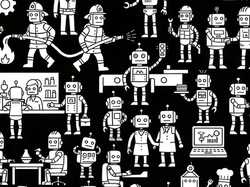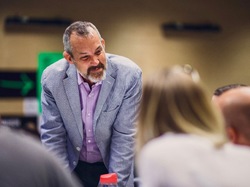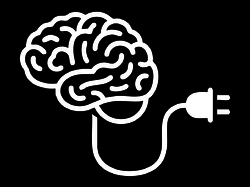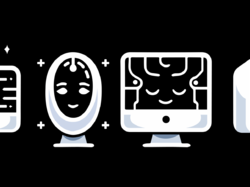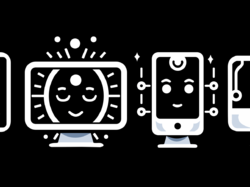Twenty years later, I still remember the meal.
I was on my first visit to Europe, outfitted with a backpack and a rail pass. The web was young, with limited travel info. Mobile wasn’t a thing. I relied entirely on the limited recommendations of my dog-eared Rough Guide. But on this particular Sunday night in Siena, the recommended restaurants were all closed. I wandered and wandered and wandered the quiet streets, looking for food.
Serendipity doesn’t happen to me much when I travel anymore. I actively manage against surprises. I select restaurants and hotels well in advance, thanks to the likes of Yelp and Trip Advisor. There’s little chance of a poor meal or room (or, for that matter, an unexpectedly great meal or room).
My efficient tools tune for comfort and confidence. I spend little time searching for where to eat or what to do, yet I reliably find experiences perfectly aligned with my tastes and expectations.
In 2015, there’s very little friction in my travel planning.
In 1995, it was all friction that night.
I walked the fringes of Siena, trying to decipher my _Rough Guide_’s poorly detailed map, just trying to find a spark of life and a bite to eat. I plunged down narrow streets chasing the mingled sound of laughter and silverware, only to find it spilling from the open window of a family’s Sunday supper.
I kept on walking—hungry, tired, frustrated.
In 2015, information comes to me before I even seek it out. Google Now pushes me information in anticipation of my needs; it sends me driving directions moments before I start thinking I should look them up. Facebook filters and sorts friends’ posts to show me information I’m statistically most likely to be interested in. Amazon somehow knows that I need more shaving cream.
We’re all beautiful and unique snowflakes, sure, but apparently our wants and needs can be boiled down to a set of probabilistic rules.
This is life with the algorithm. Planned, massaged, the edges filed down.
In 1995, it was a glass of chianti that finally took the edge off. And some truffle crostini. And a pappardelle sulla lepre to die for.
I’d finally found a little osteria off a blind alley. The place had just five or six tables, only half full. The father cooked, and the daughter managed the front. They fed me and then gave me my first taste of grappa and laughed as I described my misadventures bumbling through Tuscany. They sat down with me and my crummy map and suggested what I should do the next day. They welcomed me like family.
The meal tasted like victory, a triumph over the dusty challenges of travel. I was sure I’d never tasted food so delicious. It was a glorious night.
In 2015, I would have found it easily: an online listing of the delicious neighborhood spot that’s open on Sundays and treats you like family.
In 1995, I had to find it on my own. I had to earn its discovery. And that accident turned into one of many lifelong memories of that summer.
I don’t know if I’d even remember the place if I hadn’t found it with such difficulty. There’s something about friction that makes you think more, feel more, appreciate more. Challenge makes you see things from a new perspective.
Here in 2015, I’m routinely delighted by how easy the algorithm makes it to gather information, to find answers, to avoid waits or discomfort. But I wonder what I’m losing when everything comes with such ease and efficiency. It makes me ask questions.
The algorithm undoubtedly makes our lives easier. But does it also perhaps make them smaller, narrower?
How might we salt the algorithm with surprise and serendipity?
How might we season our interfaces with friction designed to encourage a pause and reflection?
When is the right time to encourage people to slow down instead of hustling them through?
How do we build algorithms smart enough to know they’re not smart enough?
How might we build human judgment and social interaction into our interfaces (and our lives) when the algorithm fails to anticipate that need?
How do we encourage ourselves to plunge into the unknown without first looking up the answers?
And most important: where can I get a recipe for that pappardelle sulla lepre? (Oh wait, the algorithm knows.)

